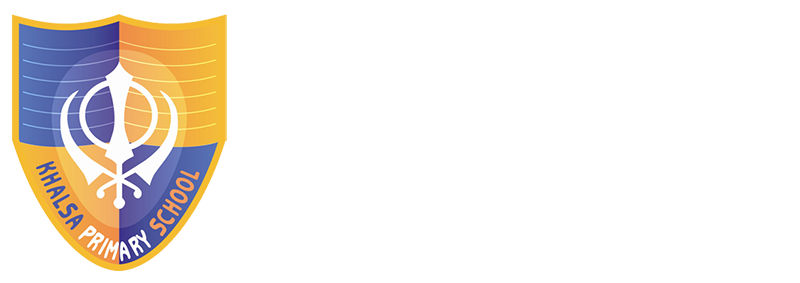PE
OUR ASPIRATION FOR EVERY LEARNER:
The Khalsa Primary PE programme seeks to spark a passionate love for sports and exercise. We want to inspire our children to view physical activity as an integral part of life which they enjoy and revel in.
Children should want to excel in sports as much as they want to excel in any other aspect of their education. Reaching for the top in a chosen sport should be something all children at Khalsa Primary School aspire to achieve and their hard work along with their imagination should lead them to vision winning Olympic medals, playing for their national teams and being highly successful athletes.
Swimming and water safety
Pupils should be taught to: swim competently, confidently and proficiently over a distance of at least 25 meters, use a range of strokes effectively [for example, front crawl, backstroke and breaststroke] and perform safe self-rescue in different water-based situations.
WHAT WE DO TO ACHIEVE OUR ASPIRATIONS:
Physical Literacy:
Physical Literacy can be described as the motivation, confidence, physical competence, knowledge and understanding that provides children with the movement foundation for lifelong participation in physical activity.
Pupils should be taught to catch, jump, run, swim and throw. Skills like these are the building blocks for children to build a strong foundation to confidently participate in an increasing variety of activities as they grow.
Pupils should also be given opportunities to take the lead in lessons as well as given chances to coach and referee matches and organize tournaments.
Fluency:
The teaching at Khalsa Primary enables pupils to truly grasp a concept, and the challenge comes from investigating it in new, alternative and more complex ways. Pupils at Khalsa Primary become independent, reflective thinkers, whose skills not only liberate them in PE but also support them across the curriculum.
WHAT WE DO TO MEASURE OUR SUCCESS:
Throughout the school pupils are assessed against the National Curriculum objectives.
We adopt a range of assessment approaches that motivate young people to make progress including:
- pupil-led assessment
- peer assessment techniques
- self-assessment and reflection
- use of videos
- whole-class discussion
- teacher assessments.
